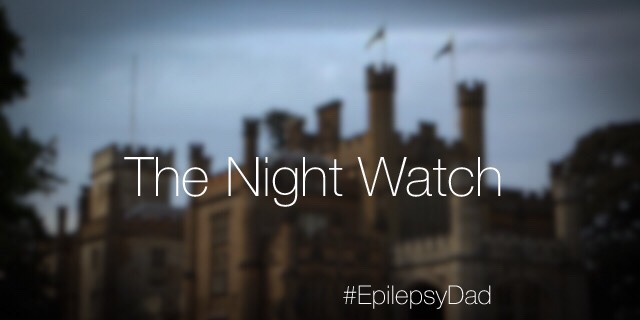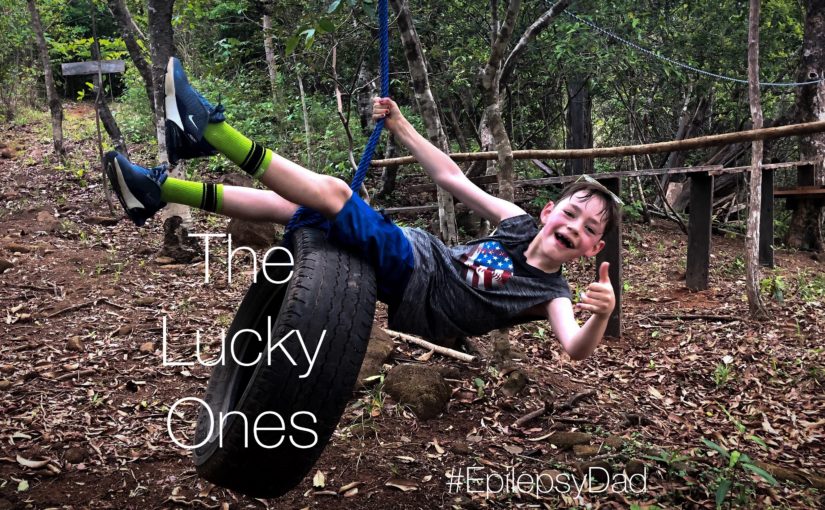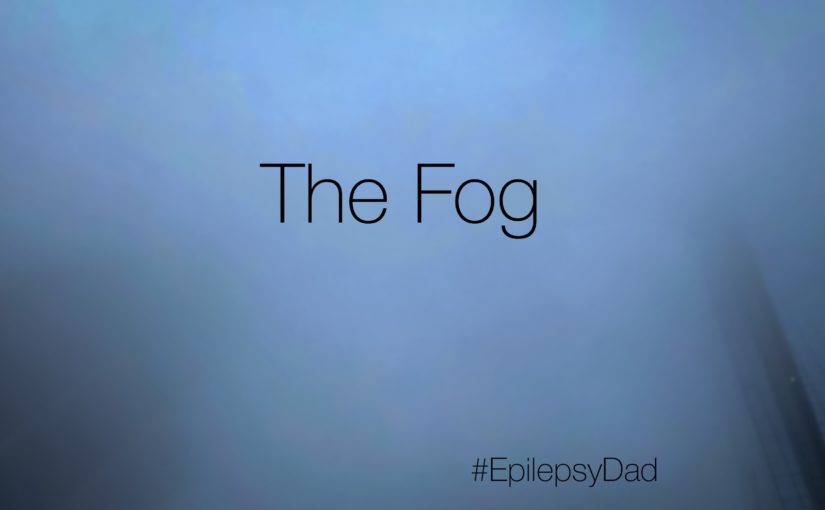Every night before he goes to bed, my son takes a handful of pills.
The pills are the last line of defense that my son has against the unrelenting seizures that constantly lurk on the horizon. Especially at night, when his brain slows down to recuperate from the day, my son’s brain isn’t strong enough to defend itself against attack.
His medication is meant to strengthen his defenses so that his brain can rest. They are the guards on the parapet defending the residents inside the walls throughout the night. But the gaps in my son’s wall are too wide for the guards to cover. It’s not a question of whether a seizure will break through; it’s how many. It’s how much damage will the attackers do before the sun rises.
We’ve tried to boost his defenses. New medications. The ketogenic diet. VNS surgery. But none of them have prevented the nightly raids from exacting their toll on his developing brain. Even combined, they are no match for the electrical storm the flows wildly across the neurons and floods the cells.
It could be worse. It has been worse. Before we knew what this was, the flood nearly took my son. The uncontrolled pulses flowed through the gaps in his natural defenses and eventually breached them entirely, leaving his body frozen and his mind disconnected. We managed to beat back the invader and rebuild. We strengthened the walls. We bolstered the night watch. But our seizure calendar records the history of attacks, painting cells with yellow markers revealing every defeat in long ribbons of sequentially colored squares.
Every night before he goes to bed, my son takes a handful of pills because there is nothing else to do. We stick to our routine because it is better than the alternative. His pills, his diet, and his VNS play their part. But as he drifts off to sleep, I turn on the monitor and take my post watching over him, too. Because it’s my job on the night watch to be there when his defenses ultimately fail, to comfort him after the attack, and to help him rebuild the next day before we do it all over again.


